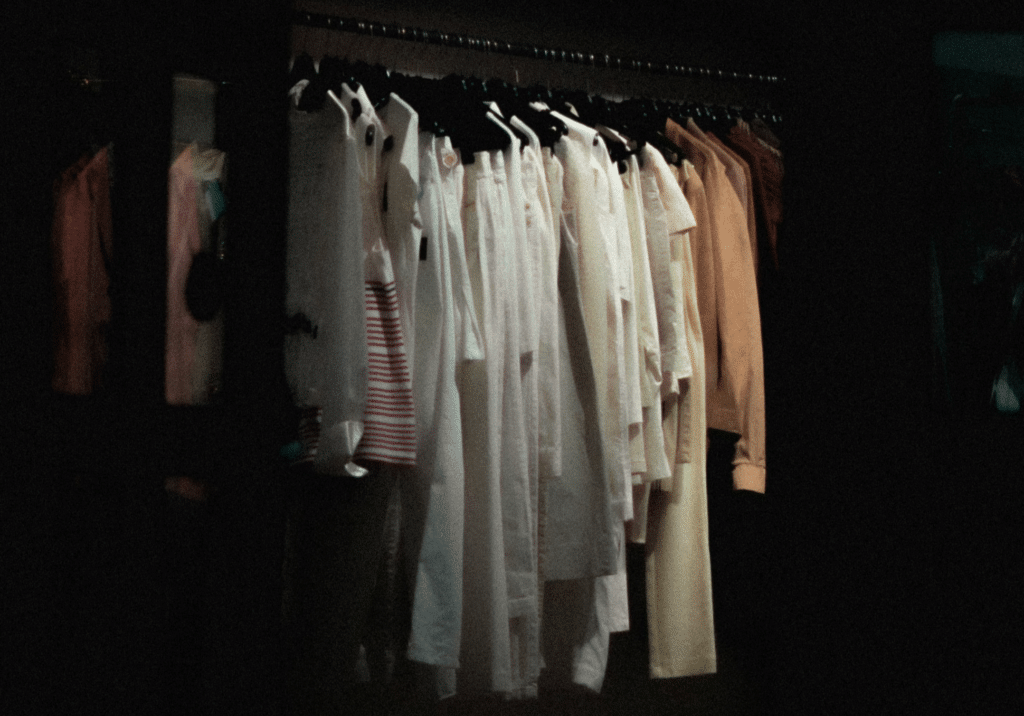The National Advertising Review Board (“NARB”) has doubled-down on an earlier determination that the preliminary investments that companies make in connection with the claims at the heart of their Environmental, Social, and Governance (“ESG”)-focused marketing may not be enough to enable them to escape false advertising and/or greenwashing charges. In a recent decision, a panel for the New York-headquartered NARB – which is the appellate advertising body of BBB National Programs – recommended that JBS USA Holdings, Inc. discontinue certain advertising claims relating to its goal of achieving “net zero” emissions by 2040 on the basis that the American food processing company’s claims are “misleading.”
Specifically, the NARB panel concluded that the National Advertising Division (“NAD”) of the BBB National Programs was correct when it determined early this year that claims that JBS made about its commitment to being “net zero by 2040” convey the objective and unsubstantiated message that it has “an operational plan in place to achieve its net zero goals and is implementing such a plan.” The statements at issue – which JBS made on its website and social media accounts, as well as in publicly accessible corporate reports and in media articles – were challenged by the Institute for Agriculture & Trade Policy (“IATP”), which initiated a proceeding before the NAD.
IATP took issue with the following claims made by JBS: (1) “JBS is committing to be net zero by 2040”; (2) “Global Commitment to Achieve Net-Zero Greenhouse Gas Emissions by 2040”; (3) “Bacon, chicken wings and steak with net zero emissions. It’s possible”; (4) “Leading change across the food industry and achieving our goal of net zero by 2040 will be a challenge. Anything less is not an option”; and (5) “The [Science Based Targets initiative] recognized the net zero commitment of JBS.” These statements make it seem like Greeley, CO-headquartered JBS has “an operational plan in place to achieve its net zero goals” and is “actively reducing its emissions and building more sustainable operations,” when it does not, IATP successfully argued.
The NAD’s Decision – In a decision early this year, the NAD found that not only do JBS’ claims “reasonably create consumer expectations that [its] efforts are providing environmental benefits,” its advertising claim about achieving “‘net zero’ emissions by 2040 [is] a measurable outcome.” In particular, the NAD asserted that “net-zero” is “a recognized standard that guides companies in defining and establishing short and long-term science-based greenhouse gas emission reduction goals aligned with the legally binding 2015 Paris Agreement.” While the company made a “significant preliminary investment” toward reducing emissions and has “undertaken steps to begin learning how to address the operational and scientific challenges it will face,” the NAD held that this is not enough to “support the message conveyed by the [company’s] claims.”
JBS appealed the NAD’s decision to the NARB, arguing that, among other things, the NAD erred in how it framed consumers’ expectations based on its aspiration “net zero” claims. In short, JBS asserted that since its goal is to be “net zero” by 2040, consumers are unlikely to expect it to have made more progress towards that goal as of 2023.
The NARB’s Determination – Agreeing with the NAD’s decision, the NARB panel stated that “the challenged claims communicate that JBS is already in the process of implementing a documented plan that has been evaluated and found to have a reasonable expectation of achieving ‘net zero’ by the year 2040.” The problem, according to the NARB, is that JBS “does not have a formulated and vetted plan at present. Rather, JBS is in the exploratory stage of its effort directed toward the net zero 2040 goal.” As such, the NARB panel recommended that JBS discontinue the five challenged claims.
One caveat: The NARB panel stated that JBS is not precluded from making the following claim – “Leading change across the food industry and achieving our goal of net zero by 2040 will be a challenge” – when the claim is presented by itself (i.e., without the additional sentence, “Anything less is not an option.”) The appellate panel also asserted that nothing in its decision precludes JBS from making narrower truthful claims regarding: “Its efforts at researching potential methods for reducing emissions and any efforts it is undertaking to reduce emissions; and the steps it is taking to align its activities with [Science Based Targets initiative] criteria and its engagement with the [Science Based Targets initiative] process.”
THE BIGGER PICTURE: Reflecting on the NARB’s decision, Kelley Drye’s Gonzalo Mon and Katie Rogers stated in a note that the panel’s findings “suggest that companies face a high bar when making aspirational claims about their goals to achieve net zero in the future.” And this is notable given the frequency with which companies are looking to market themselves and their wares from an ESG perspective. Just this week, Allbirds, for instance, unveiled the design of its M0.0NSHOT, which it says is “the world’s first net zero carbon shoe.” (“The high-top shoe boasts a landmark carbon footprint of net 0.0 kg CO2e,” according to the San Francisco-based brand, which has faced – and as of last year, escaped – greenwashing litigation of its own. “Carbon negative, regenerative wool wraps the entirety of the M0.0NSHOT for a striking, uniform look.”)
At the same time, Mon and Rogers maintain that the NARB’s willingness to allow JBS to make certain climate-centric claims (namely, “Leading change across the food industry and achieving our goal of net zero by 2040 will be a challenge”) shows that there is still “some room for companies that may not have made substantiation progress towards those goals” to engage in sustainability-centric marketing. The potential issue for brands/marketers, of course, is that “the line between permissible narrower claims and broader ones may be difficult to identify” and the attention that consumers and regulators are paying to companies’ claims on this front continues to rise, resulting in corresponding risks of lawsuits and other proceedings.











